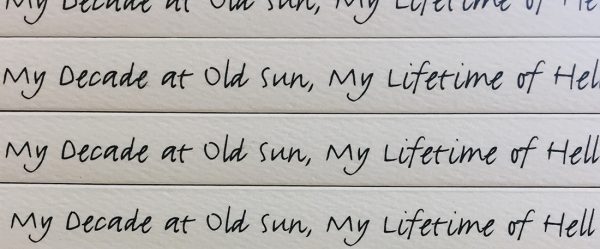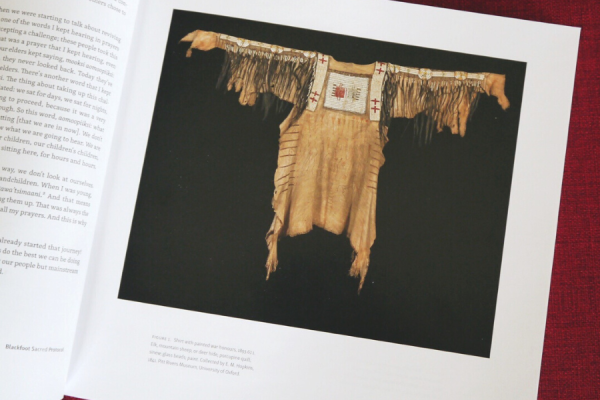If your New Year’s resolution is to be more informed about our world, you should start the New Year by reviewing what happened in 2015. We have rounded up four books that dig a little deeper into the history, scholarship, and opinions surrounding the major events and ideas of 2015. These books will give you context for the brief summaries of world events that you find in the newspaper.

- Oil prices plummeted in 2015, prompting politicians and citizens to look at what the oil industry means to Albertans and Canadians. Alberta Oil and the Decline of Democracy in Canada looks at the issues surrounding the oil industry from multiple perspectives. The big question is how does a single resource economy affect democratic systems? In relation to this question, Alberta Oil investigates gender equality, treaty land rights, migrant workers’ rights, and the environmental impact of this powerful and important industry on our country as a whole.

- Canada’s involvement in the refugee crisis hit the news hard at the end of the year with the election of Justin Trudeau. Trudeau’s promise to resettle 25,000 Syrian refugees encountered some strong opposition. The discussions surrounding the crisis hold painful reminders of our history and it is only by listening to people’s stories that we are able to come to a closer understanding of the intense hardships faced by those who have been displaced. Our latest book, Leaving Iran is the memoir of an Iranian Jew and a family’s story of migration and exile. Esghel Dayanim flees his beloved homeland during the 1979 Iranian Revolution. He returns to collect his possessions, only to find that he is unable to escape the country. Separated from his family for close to ten years, robbed of his wealth and livelihood, Esghel must overcome fear and isolation, as well as numerous bureaucratic hurdles to build a new future for his family.

- The 2015 United Nations Climate Change Conference was held in Paris this year, just two weeks after the great city suffered a terrorist attack. With the ambitious goal of holding the earth’s temperature to a rise of just two degrees Celsius, the participants of the conference agree that the outcomes of our inaction may be far more dire than we can imagine. While some are motivated to reach this goal because of the consequences enumerated by scientists, others are called to action by their respect and passion for place and landscape. Robert W. Sandford illustrates the importance of respect in Ecology & Wonder. He writes, “In making our stand for where and how we live, we must reach into our hearts for the deepest expression of what our landscapes and local culture mean to us. We have to find words for our epiphany; and then find the courage to stand by them.”
- One o
 f the calls to action in the document released in 2015 by the Truth and Reconciliation Commission of Canada is for the federal government of Canada to provide funding for a national review of museum policies. An example of a museum working toward reconciliation with an Aboriginal community can be found in We Are Coming Home: Repatriation and Restoration of Blackfoot Cultural Confidence. This story of understanding and partnership between the Glenbow Museum of Calgary and the Blackfoot provides a map for others who are seeking more meaningful collaboration and reconciliation: one that is guided by respect and a deep commitment to a positive outcome.
f the calls to action in the document released in 2015 by the Truth and Reconciliation Commission of Canada is for the federal government of Canada to provide funding for a national review of museum policies. An example of a museum working toward reconciliation with an Aboriginal community can be found in We Are Coming Home: Repatriation and Restoration of Blackfoot Cultural Confidence. This story of understanding and partnership between the Glenbow Museum of Calgary and the Blackfoot provides a map for others who are seeking more meaningful collaboration and reconciliation: one that is guided by respect and a deep commitment to a positive outcome.


